In the wake of the recent college admissions scandal, many people are wondering whether it actually matters what college you go to.
For these parents, it was extremely important that their child got into a prestigious school at all costs. Clearly, they didn’t go about it the right way, but the pressure to have their child attend an “elite” college was great enough to motivate them to take drastic measures.
But does your school even matter? Does attending an elite college actually lead to better outcomes after graduating?
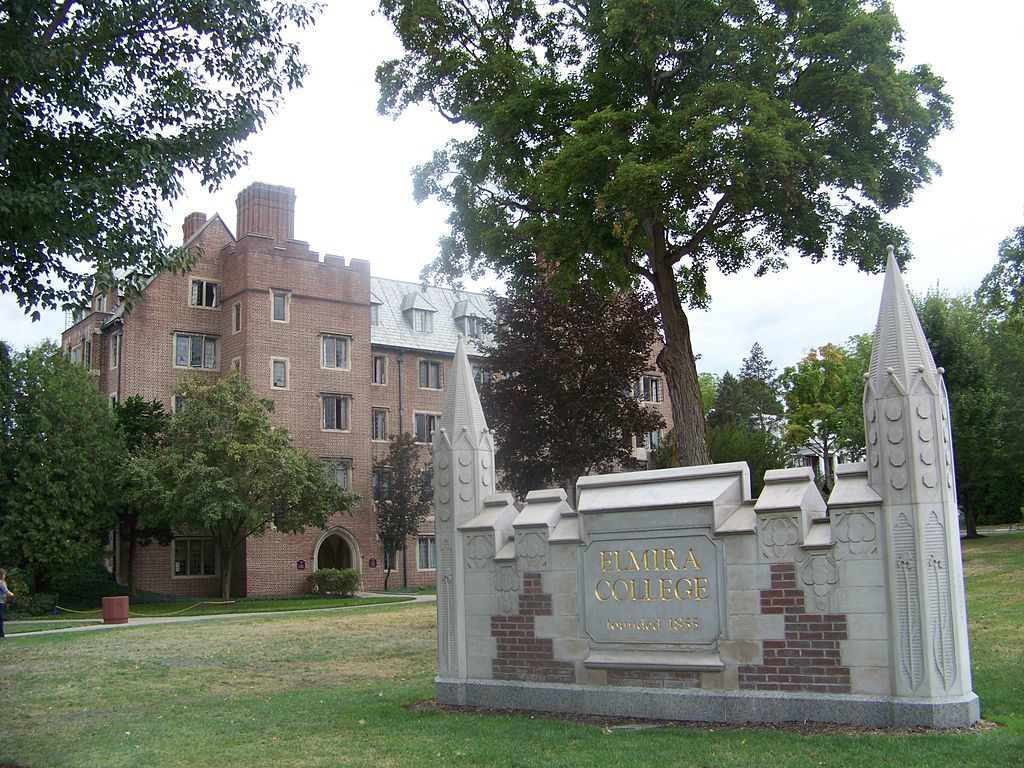
While the general trend is for college costs to rise each year, some private colleges have decided to buck the trend by significantly lowering tuition costs, according to a recent CBSNews article.
Two dozen private colleges have cut tuition since 2016, according to the National Association of Independent Colleges and Universities.
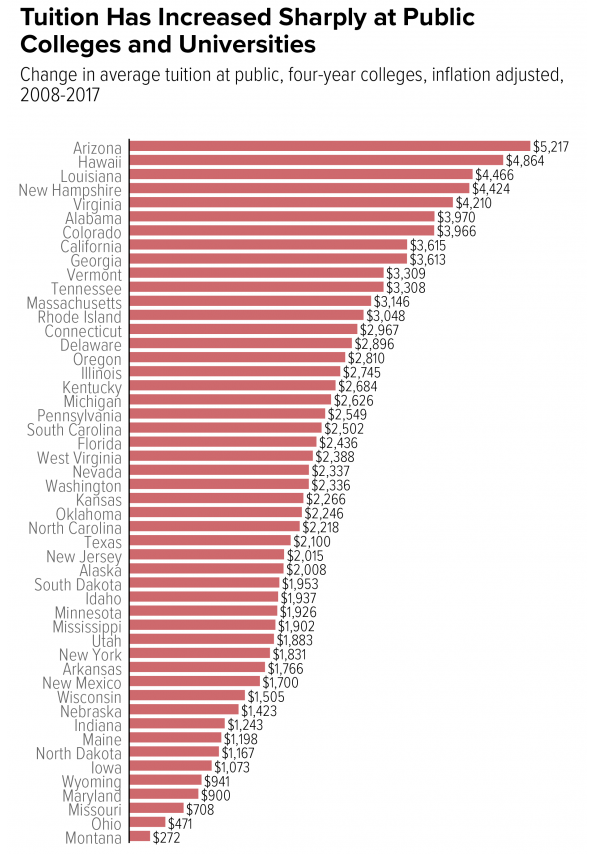
With college as expensive as it is now, public colleges have been touted as a good alternative for students looking to limit college costs.
But, like private colleges, tuition at public colleges across the country has risen rapidly over the past ten years.
Between 2008 and 2017, the average cost of attending a four-year public college went up in every state, even adjusting for inflation, according to a recent report by the Center on Budget and Policy Priorities, as reported by MarketWatch.
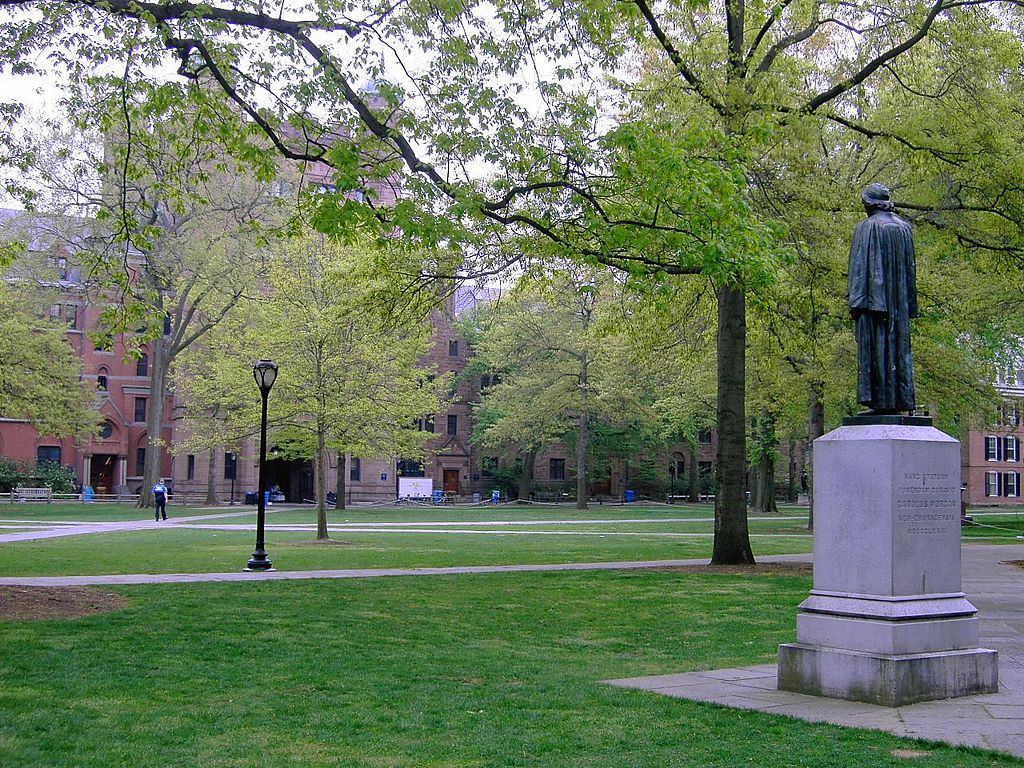
True or false: A good student who attends Yale will have much better outcomes (higher salaries and more job opportunities) than a good student who attends a state university. If you answered true, you’re wrong. And this widely-held belief is one of the main reasons families and students end up overpaying for “elite” universities. Up […]
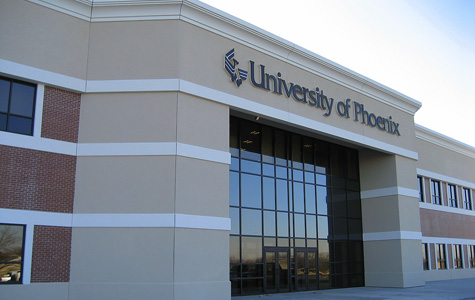
Getting into college is exciting–receiving the envelope and imagining your future. But not all colleges are created equal.
For-profit colleges, in particular, have been criticized for being dishonest about graduate employment statistics and leaving students with lots of student debt. Some have even gone bankrupt after being fined or sued for misleading students.
To help students better understand the risks, NerdWallet and USA Today College put together a list of 5 things to consider before choosing to attend a for-profit college.
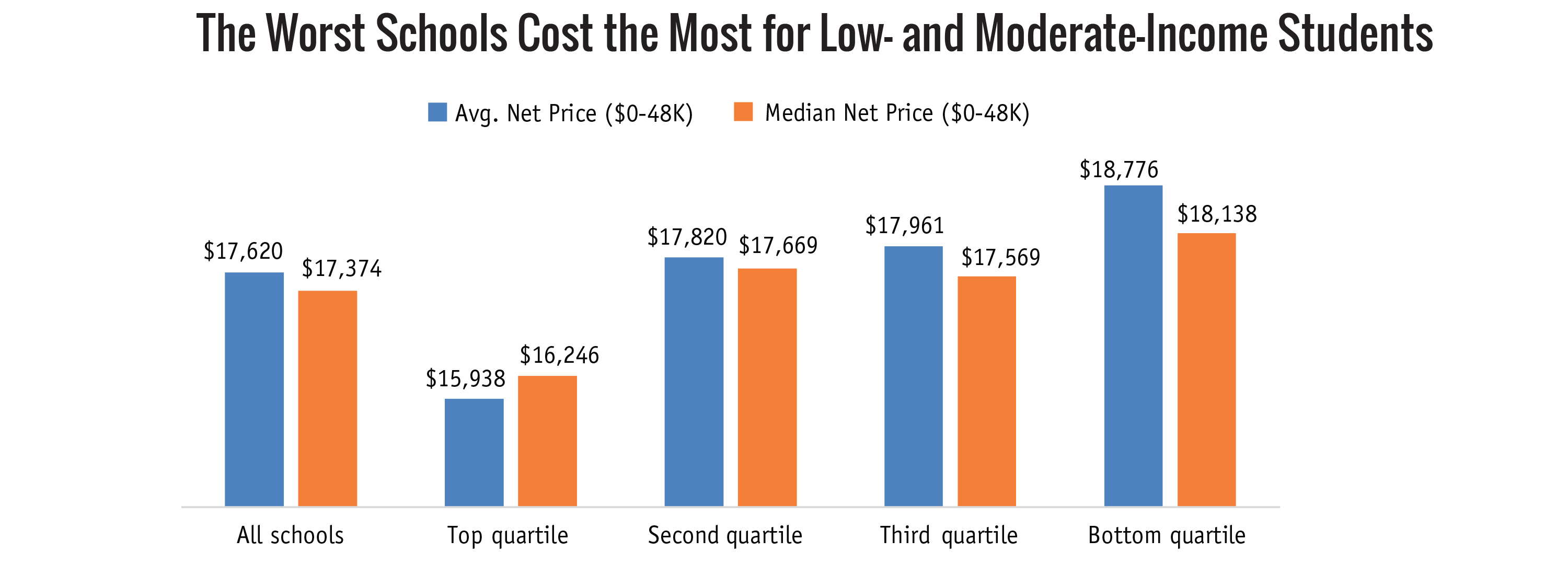
Many students and families assume that the more expensive a college is, the more prestigious and the higher its quality.
This leads some families to overpay for college under the assumption that there is a positive correlation between price and education quality.
But a recent report from Third Way found that that’s not the case.
In fact, they found the lowest-ranked colleges charged low- and moderate-income students more than higher-ranked schools.
Choosing a college is one of the biggest decisions you’ll make in your life. College has a huge impact on you financially, emotionally, socially and academically–and can have a large effect on your future job prospects and earnings.
But no college is right for everyone, and everyone has different ideas about what makes a college best for them.
To make it easier for African-Americans to find colleges that fit their needs and preferences, MONEY collaborated with Essence magazine to analyze more than 1,500 four-year colleges to determine which ones offer the best value for African-American students.
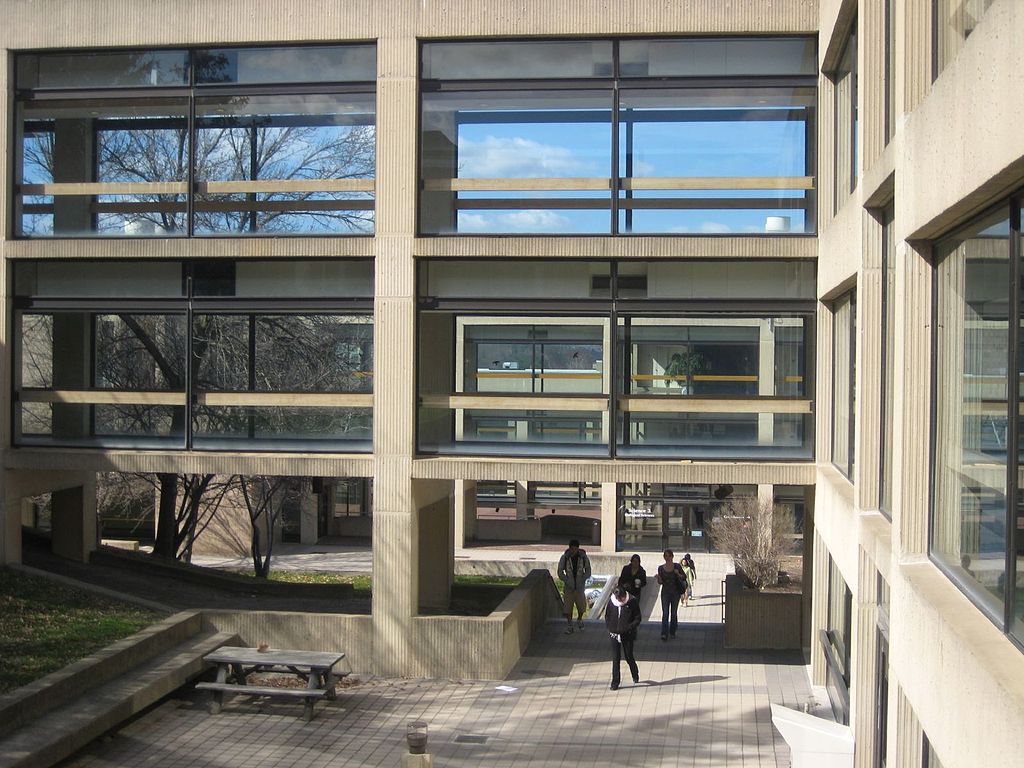
Being based in Western New York, we write a lot about the affordability and quality of schools in the State University of New York (SUNY) system. The SUNY system has been acclaimed for its high bang for the buck for both in-state and out-of-state students.
And a new list of rankings released by Business First backs up the assertion that SUNY colleges are among the best public colleges in the U.S.
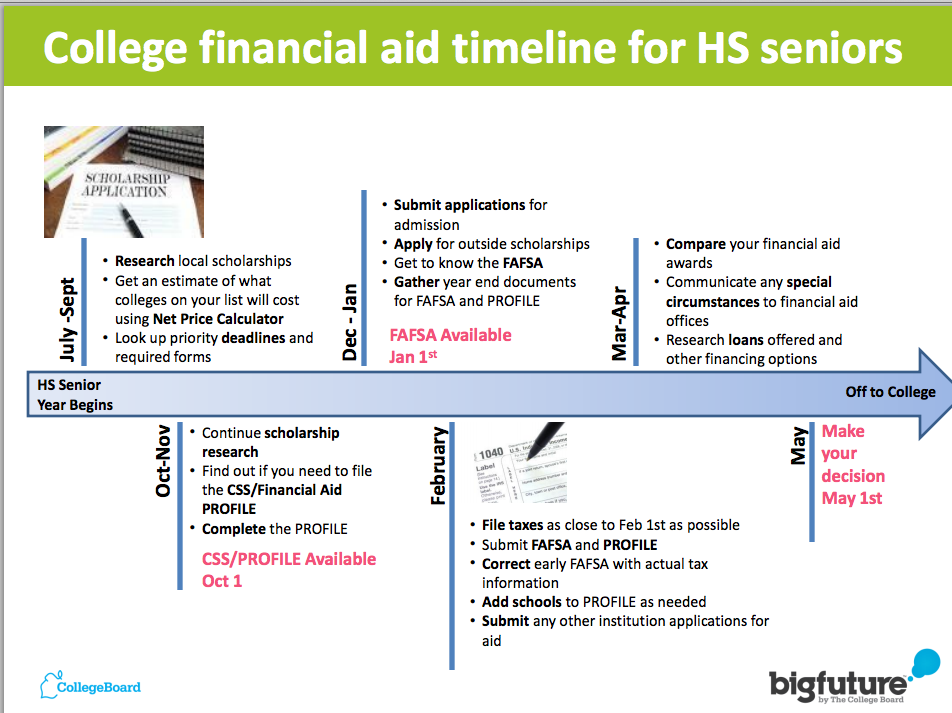
Many college-bound students and parents ask us what they should be doing throughout the year to get ready for applying for college and financial aid.
This handy timeline from The College Board shows exactly what steps students and families should be taking from the summer before senior year to May 1 of senior year, the deadline for students to decide whether to attend most colleges.
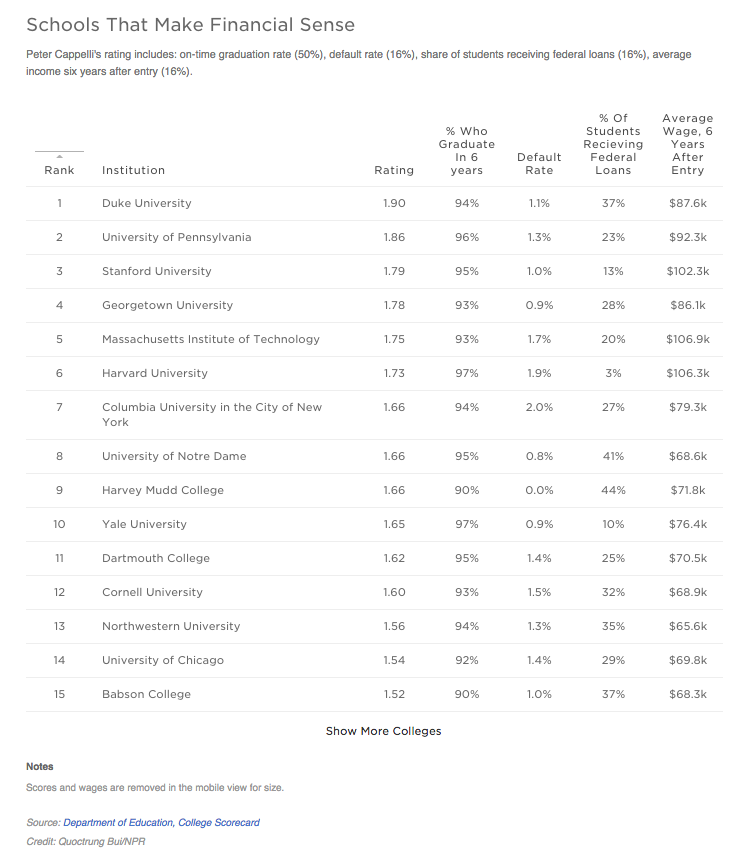
There are plenty of college rankings out there based on all sorts of different factors–quality of student, price, return on investment and more.
In light of President Obama’s decision not to provide federal rankings for colleges in favor of a College Scorecard, NPR took matters into their own hands and released their own set of three different college rankings.